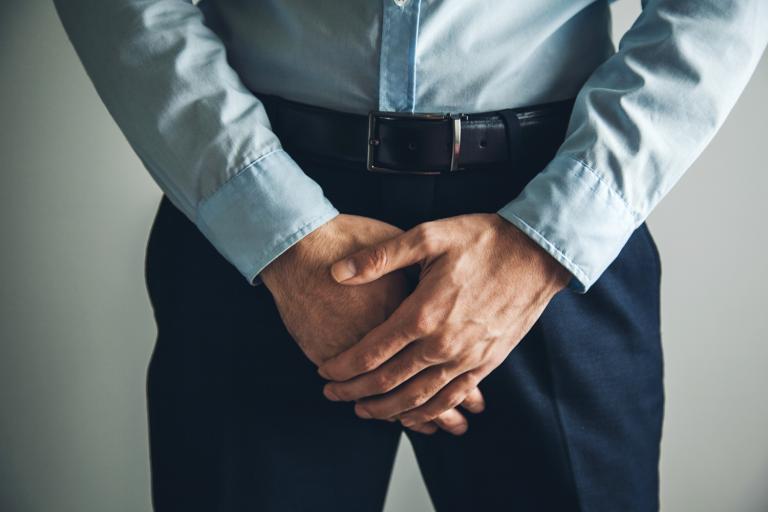A walnut-sized gland in the male reproductive system, the prostate grows early in puberty and then again—continuously—beginning around age 25.
This growth may be cause for concern for some men as early as age 40.
What is BPH?
Prostate enlargement is also known as benign prostatic hyperplasia (BPH).
What Are The Symptoms of BPH?
The urgent need to urinate frequently (often in the middle of the night) and hesitant, interrupted flow are annoying symptoms of BPH.
If the condition worsens, more serious problems can develop, ranging from acute urinary retention (sometimes triggered by allergy or cold medications) to incontinence, bladder stones, and even organ damage.
How Common is BPH?
More than half of men in their 60s and up to 90 percent of those over 70 experience some signs of BPH.
BPH and Prostate Cancer
It’s important to discuss symptoms of prostate enlargement with a healthcare provider who may also want to rule out cancer.
Detection
Recent studies have questioned the best way to detect prostate cancer.
But “nearly every case of prostate cancer in the last 15 to 20 years was found with an initial PSA [prostate- specific antigen] blood test and/or DRE [digital rectal exam] screening,” says E. David Crawford, MD, principal investigator with the Prostate, Lung, Colorectal, and Ovarian Cancer Screening Trial.
Risk Factors
There are several risk factors for prostate cancer including age, ethnicity, and family history. But “a diet high in omega-3 fatty acids and antioxidants helps lower the risk,” says Dr. Crawford.
Other experts point to hormonal factors; in fact, increased estrogenic pollutants in the environment parallel the rise in prostate disease.
Supplements for BPH
In Europe, supplements “are the treatments of choice in 90 to 95 percent of [BPH] cases,” writes Stephen Harrod Buhner in The Natural Testosterone Plan.
They work, he explains, by relaxing prostate muscles and allowing urine to flow more easily.
As prostate-specific anti-inflammatories, supplements can help normalize hormonal activity.
“Natural treatment protocols are much cheaper than pharmaceuticals, do not have to be taken forever, tend to lower the risk of prostate cancer, and have few side effects.”
-
The Saw Palmetto Regimen
Research using ultrasound images finds that combining saw palmetto, widely used for BPH, and nettle reduces the size of prostate swelling.
Consider the following regimen for three months to a year:
Our BPH Prostate Health Regimen Supplement Amount Frequency Nettle Root 300 to 600 mg twice daily Saw Palmetto 160 mg std. extract twice daily Rye Grass Pollen 60 to 120 mg twice daily Flaxseed Oil 1 tablespoon once daily Zinc 50 mg once daily -
African Cherry and β-sitosterol
Some experts recommend the sterol-rich African herb Pygeum africanum, helpful in relieving nighttime urination, and the phytonutrient beta sitosterol for overall BPH symptoms.
-
Vitamins and Minerals
In recent studies, lycopene, vitamin D, and zinc have all been shown to inhibit BPH progression. Moderate exercise also seems to favorably influence BPH.
-
Homeopathy
If you want to try homeopathy, consider Clematis, a specific remedy for prostate swelling that causes slow urine flow or dribbling.
-
For Sexual Dysfunction
Lycopodium may be useful for BPH accompanied by sexual dysfunction.

